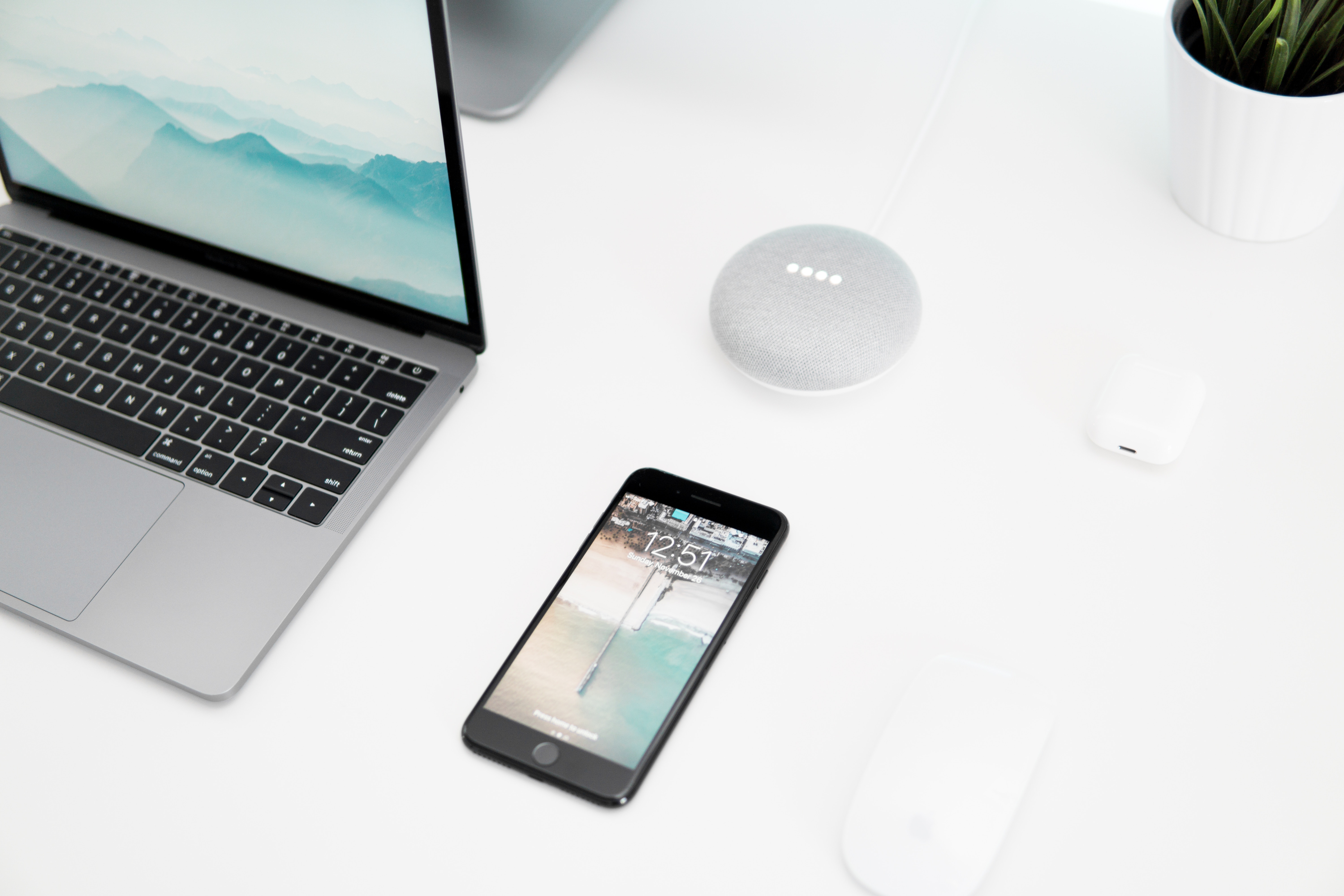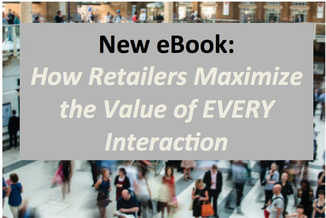It’s no secret that technology continues to outpace even the nimblest marketing plans. So how do we outsmart smart homes and stay relevant to consumers? I sat with our CEO Michael Caccavale to discuss.
The ways in which consumers are acquiring goods and services are ever-expanding. We are in the driver’s seat when it comes to competition among brands, both in price and value. And beyond that, we are more in control of the customer experience than we’ve ever been. How are brands responding to that? I recently had a chat with our CEO Michael Caccavale about direct-to-consumer (D2C) marketing and what it means to marketers.
As marketers – and as consumers – connecting the dots between previous and future behavior is the key to appreciating a good offer when we see one. And today, that’s not as simple as recommending a fun pair of boots after I bought designer jeans. With our offices, mobile devices, and homes all connected and talking to each other, being on time and on message is increasingly complicated. I recently sat down with our CEO Michael Caccavale to talk about the challenges and opportunities that marketers can uncover when we look at the smart home market.

It’s always shocking to find that a major retail brand doesn’t have a mobile app. Meanwhile, it’s equally stunning when a small business has built a killer mobile experience for its customers.
But when you understand the role omnichannel plays for retail and other major industries, the shortcomings of the big-box retailer are much more confounding than the smaller company’s assertiveness in building a better mobile presence.
In the space where retail meets online, competition is intense – and especially difficult to navigate when you’re playing in both games. I recently read an awesome interview from eMarketer with Theory House’s Jim Cusson and wanted to kick the same questions to our CEO, Mike Caccavale. His insights are worth a read.
According to Forrester, 53% of companies chose mobile marketing as their top digital marketing priority. This attention to mobile marketing is driven by the need to reach customers where, when, and how they most prefer.
High conversion rates are the Holy Grail when it comes to measuring the success of digital marketing. The more visitors you convert into customers, the more profitable your business.
You’re taking a road trip and spot a fruit and vegetable stand by the side of the road. Excited by the array of silver corn and bushels of ripe peaches, you fill your basket. Unfortunately, the stand only takes cash and all you have is a credit card, so you reluctantly leave your produce behind.
The customer journey is made up of the stages of interactions between your brand and the customer. Increasingly, the customer journey has become omnichannel, with customers moving between devices as they research products and services.
The key to developing profitable, long-term customer relationships is finding a way to personalize the customer experience. According to a study by Infosys, 70% of American consumers are encouraged to spend 13% more with companies that offer stand-out customer service. In response, marketing is increasingly moving away from mass, push-based marketing strategy to one that learns from and adapts to the consumer.










